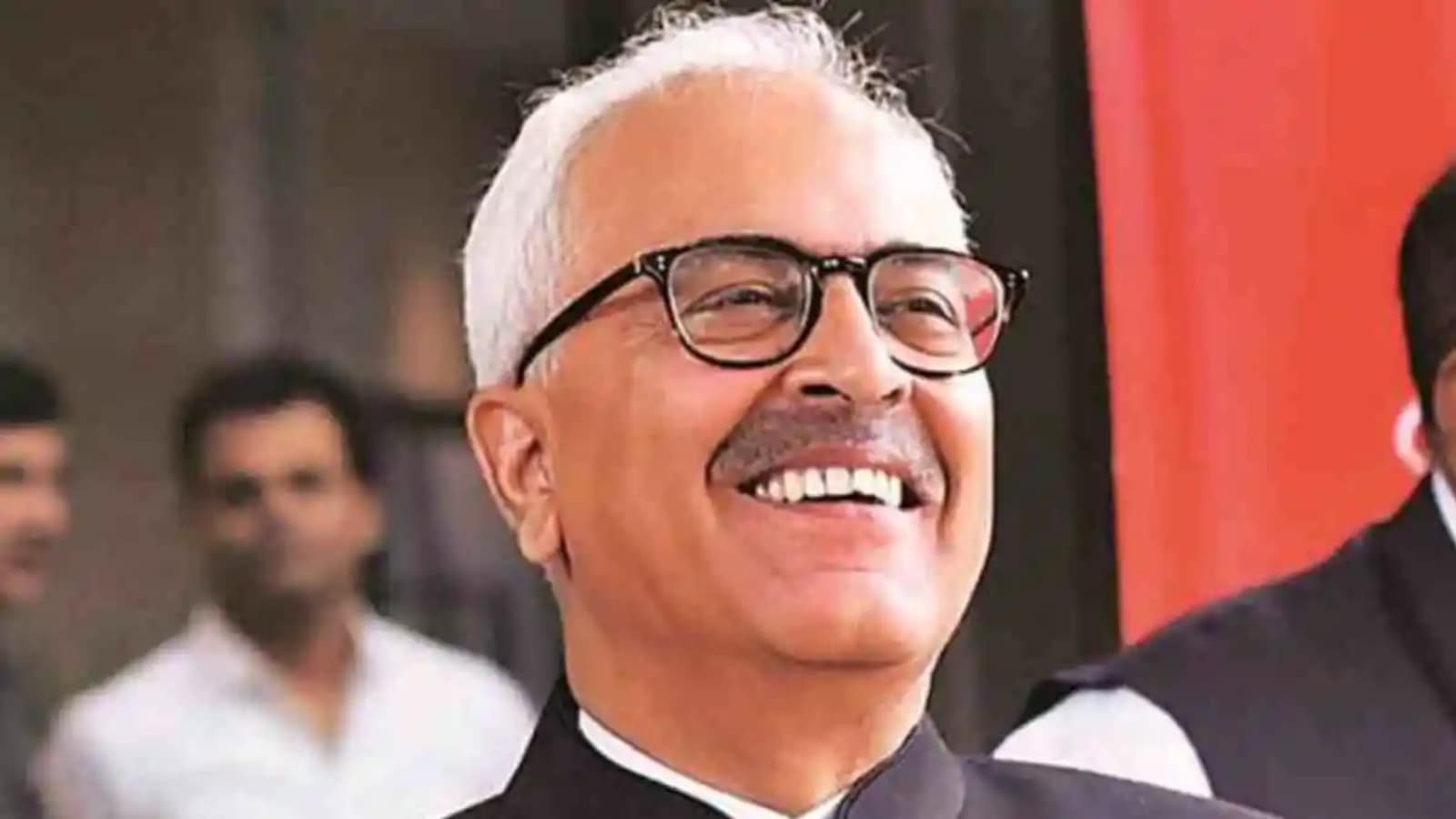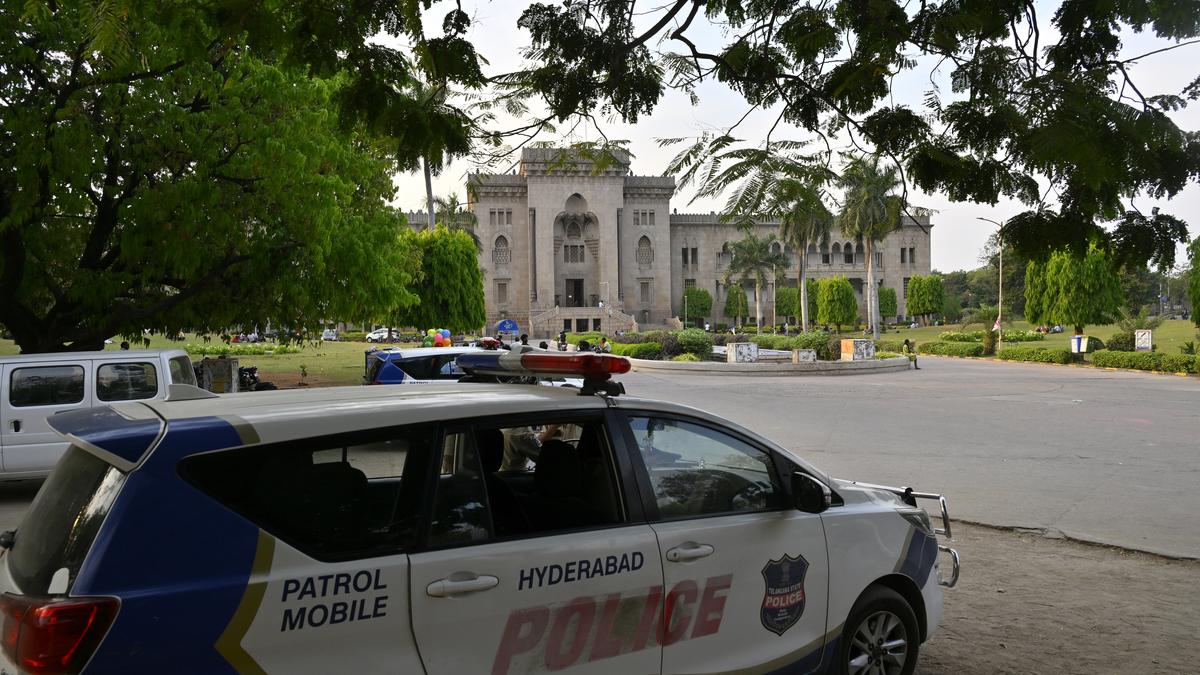After the introduction of the Goods and Services Tax (GST), every citizen has become a taxpayer, and it is therefore the government’s duty to provide affordable, quality healthcare for all, said G.V.S. Murthy, president of Pragyaan Sustainable Health Outcomes Foundation and affiliated with the London School of Hygiene and Tropical Medicine.
Speaking at a seminar organised by Praja Arogya Vedika in Vijayawada on Sunday, August 24, Dr. Murthy discussed the impact of healthcare privatisation, in the context of the Andhra Pradesh government’s proposal to privatise government medical colleges. “There is no evidence anywhere in the world that people benefit from privatisation of healthcare. Corporates are usually the ones who gain,” he said, citing surveys from the United Kingdom and Germany.
While privatisation is often perceived to improve efficiency, Dr. Murthy noted a downside — reductions in non-clinical staffing. “Strengthening medical staff to improve efficiency often comes at the cost of employment for non-clinical staff, such as lab and administrative personnel,” said Dr. Murthy, a former AIIMS, New Delhi staff member.
He also warned of the risk of breaches of patient data confidentiality and noted that privatisation hinders Universal Health Coverage, which aims to ensure affordable healthcare for all. “In India, 6.7% of households spend more than 25% of their total expenditure on health, and 10–20% spend over 10%, which is considered catastrophic health expenditure,” he said.
Most households earn between ₹20,000 and ₹30,000 a month, making insurance under the Pradhan Mantri Jan Arogya Yojana (PM-JAY) inadequate, he added. “Treatment for lung cancer alone costs around ₹11 lakh. Where will the additional ₹6 lakh come from?” he asked, citing a study from Chhattisgarh showing PM-JAY enrolment did not improve hospital utilisation.
Dr. Murthy emphasised that the government must provide quality primary healthcare for all and suggested subsidised public healthcare be extended to the tertiary sector, where private hospitals dominate.
Cancer prevention
Later, Dr. D. Raghunatha Rao of MNJ Institute of Oncology and Regional Cancer Centre, Hyderabad, spoke on cancer prevention, advising avoidance of smoking and alcohol, incorporating at least 30 minutes of daily physical activity, and maintaining a diet rich in greens.
Dr. D. Leela, Consultant Gynaecologic Oncologist at St. Theresa Hospital and ASUINS Hospital, Hyderabad, highlighted the importance of regular screenings for oral, breast, and cervical cancers. Women above 30 should undergo cervical cancer screening every three years and a clinical breast examination annually.
Praja Arogya Vedika State president M.V. Ramanaiah, State general secretary T. Kameswara Rao, and several medical students attended the seminar.



.png)
.png)
.png)
















 16 hours ago
4
16 hours ago
4









 English (US) ·
English (US) ·